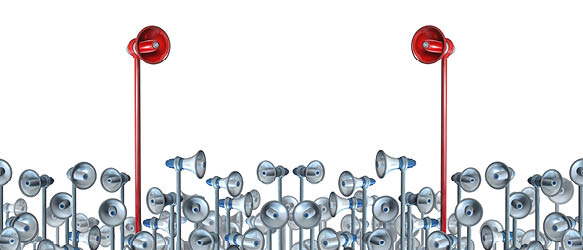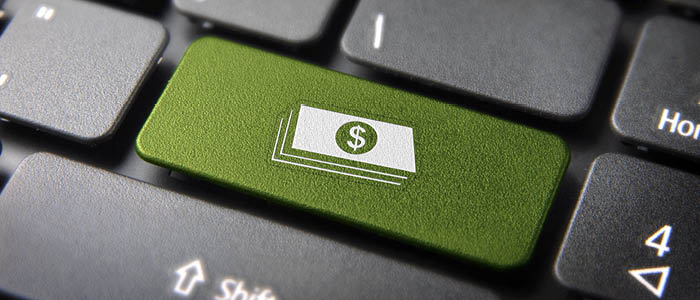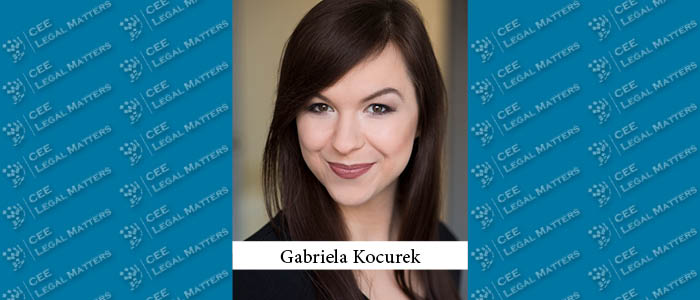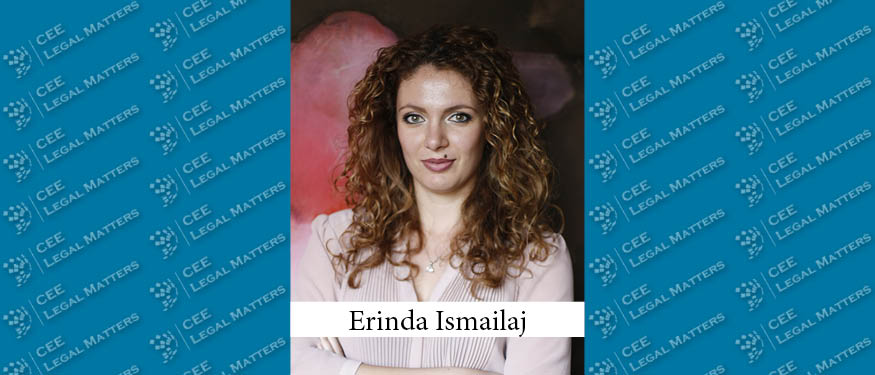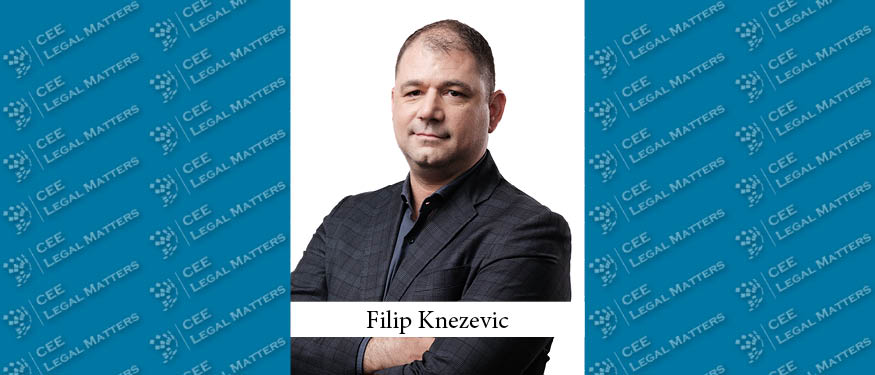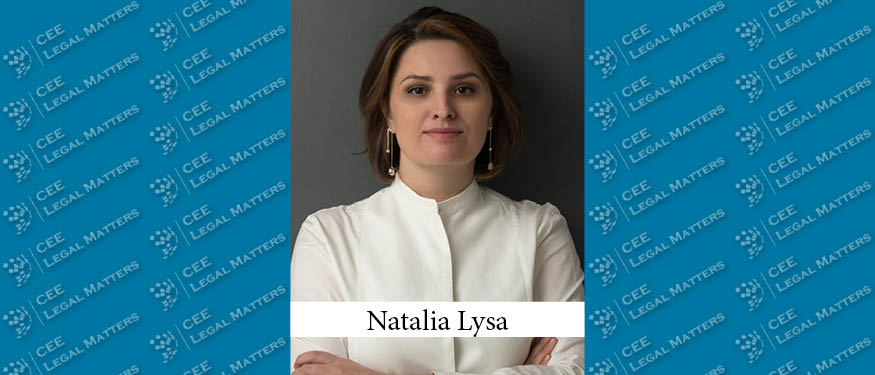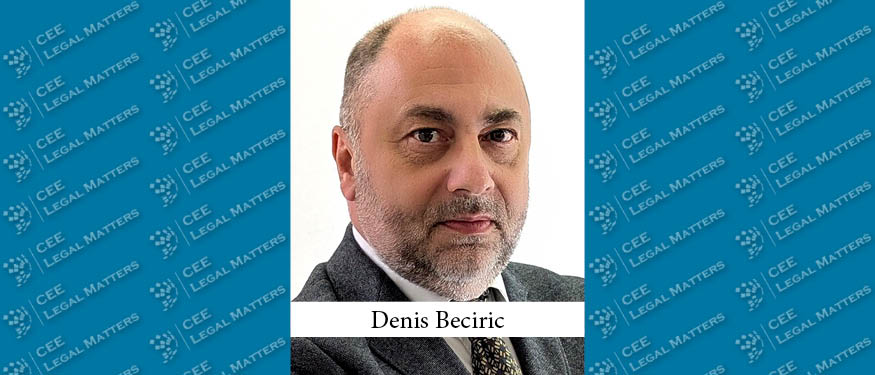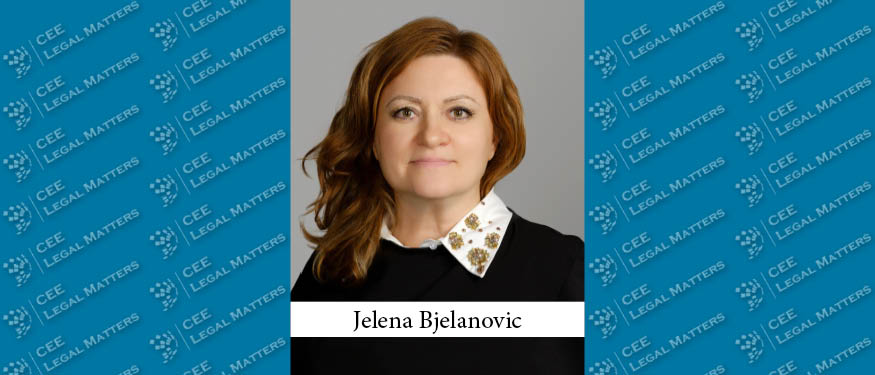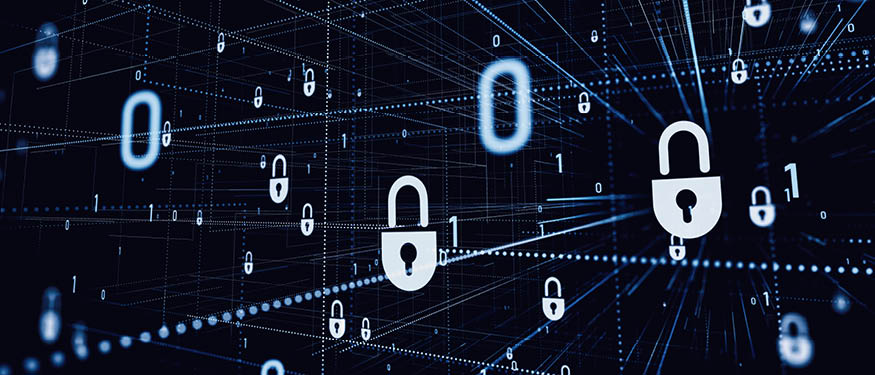PwC Legal, working with Van Campen Liem, has advised Blue Sea Capital on co-investing to acquire the Telekom Srbija telecommunications tower portfolio alongside Actis and in co-operation with Andrej Jovanovic’s family office.
BDV Advises on Merit Media Int. Shareholding Consolidation
Batarelo Dvojkovic Vuchetich has advised the majority shareholder of Merit Media Int. on its shareholding consolidation.
Kinstellar Announces New Firm-Wide Practice and Sector Leadership Appointments
Kinstellar has announced several appointments to firm-wide practice and sector leadership positions, including Partner Csilla Andreko in Budapest, Partner Iustinian Captariu and Special Counsel Magda Raducanu in Bucharest, Managing Partner Milos Velimirovic in Belgrade, Managing Partner Lukas Sevcik and Counsel Jan Lehky in Prague, and Managing Associate Lukas Mrazik in Bratislava.
Closing: Transfer of Orange Money Romania Retail Business to Alpha Bank Now Closed
On January 16, 2024, Filip & Company announced that the transfer of the Orange Money Romania retail business to Alpha Bank (reported by CEE Legal Matters on August 29, 2023) had closed.
CEE Attorneys Advises on Sale of Webscope to Mibcon Group
CEE Attorneys has advised Webscope shareholder Jan Vorcak on the sale of the company to the Mibcon Group.
Dentons Advises HB Reavis on Sale of Symbiosy to HqO
Dentons has advised HB Reavis on the sale of its in-house-developed technology platform Symbiosy to HqO.
How will DORA affect ICT providers?
Regulation (EU) 2022/2554 of the European Parliament and of the Council of 14 December 2022 on digital operational resilience for the financial sector and amending Regulations (EC) No 1060/2009, (EU) No 648/2012, (EU) No 600/2014, (EU) No 909/2014 and (EU) 2016/1011 (“DORA”) contains a number of requirements for ICT service providers, which will become binding on January 17, 2025. Therefore, 2024 will be a year of intensive work on the part of service providers to ensure compliance with the new, demanding regulation.



